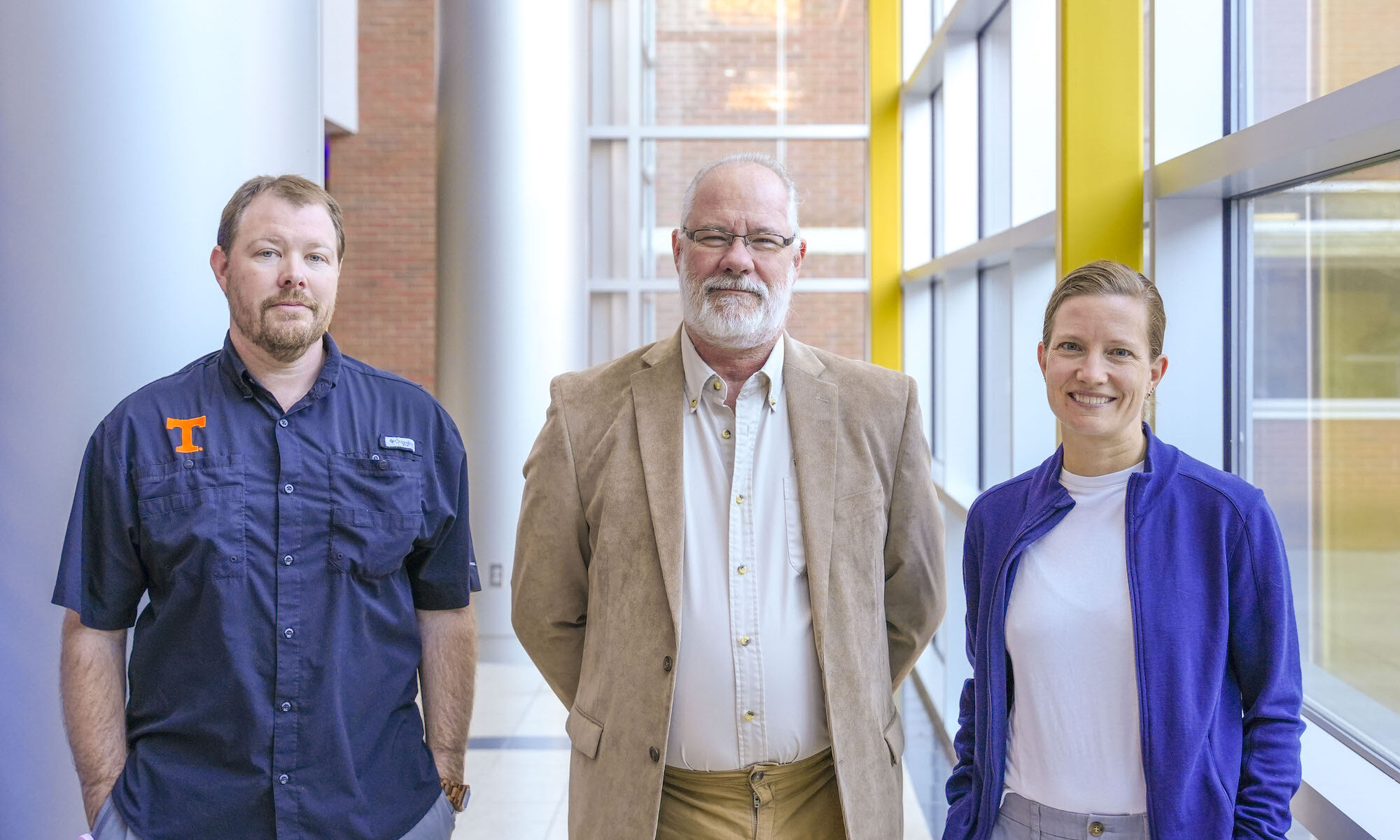
Switchgrass Will Work With Soil-Based Microbes to Report and Break Down Explosives
KNOXVILLE, Tenn. — Researchers at the University of Tennessee Institute of Agriculture (UTIA) have received a $12 million DARPA contract to bioengineer plant-microbe communities that will clean soil contaminated by the explosive trinitrotoluene (TNT) and report when it is no longer present. Conducted in collaboration with researchers at the Massachusetts Institute of Technology (MIT) and Pennsylvania State University (PSU), the four-year project is part of DARPA’s Ceres program to develop novel solutions to remediate contaminated soil without the high costs of traditional cleaning processes.
Researchers will bioengineer switchgrass, a plant species native to North America, and its associated microbes to work harmoniously as “beacons” and “cleaners.” Beacons will serve as a reliable indicator of TNT in the soil, the plant turning red when it is present and green when the soil is no longer contaminated. Cleaners will physically break down explosives, restoring damaged ecosystems without extensive involvement by on-site personnel. Both plant-microbe communities will be developed to have an increased resistance to toxic materials secreted by explosives, as well as possess genetic traits to limit reproduction to better ensure their complete removal following the soil remediation process.
The project’s plant research will be conducted at the UT Center for Agricultural Synthetic Biology (CASB) by a team led by its co-directors Neal Stewart and Scott Lenaghan. Professor Jennifer DeBruyn will also lead a team to perform microbial ecology research associated with the project, studying how these soil-based organisms interact within different contaminated environments. The microbial synthetic biology research will be performed by teams led by Chris Voigt at MIT and Howard Salis at PSU, who will be working to genetically engineer microbes to possess the traits necessary to report and eliminate explosives.
Neal Stewart, the project lead, says that switchgrass already has an expansive root system required to cover polluted areas and is a widely adaptable perennial grass that should work in a range of ecosystems. “Because plants are self-sustaining and do not require maintenance or mechanical parts, the new switchgrass plants will provide a safe way to restore damaged environments and previously uninhabitable areas without expensive equipment or prolonged human involvement.”
“We are excited to see the positive impact this new project will have across the world,” says Scott Lenaghan, co-lead of the project. “To many people, thinking of plants as functional, effective tools that can enhance our safety is like something out of science fiction. But by using existing biological traits of plants and their relationship with soil-based microbes, we can develop synthetic plant and microbial communities that benefit us in ways we never thought possible.”
The University of Tennessee Institute of Agriculture is comprised of the Herbert College of Agriculture, UT College of Veterinary Medicine, UT AgResearch and UT Extension. Through its land-grant mission of teaching, research and outreach, the Institute touches lives and provides Real. Life. Solutions. to Tennesseans and beyond. utia.tennessee.edu.